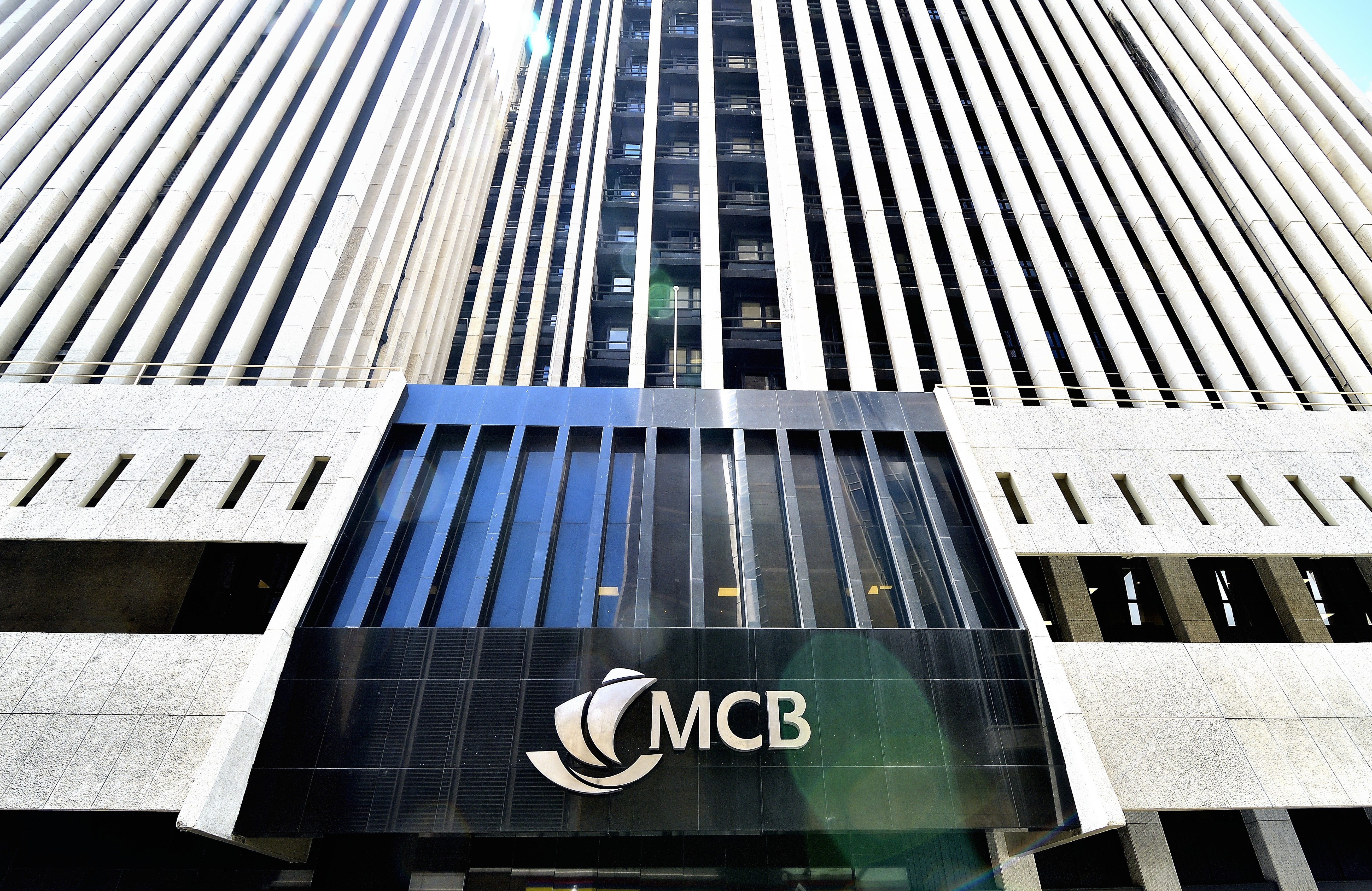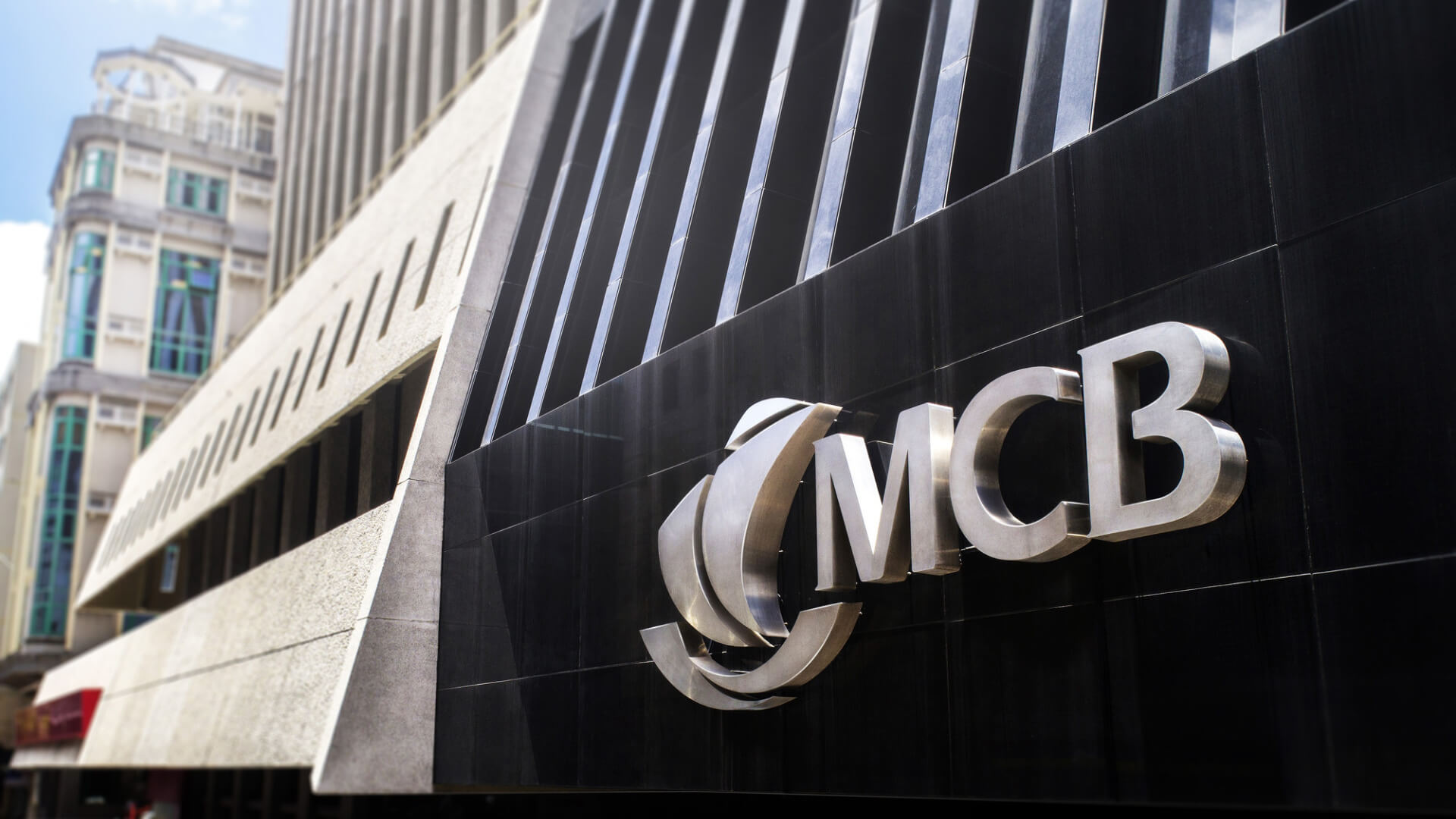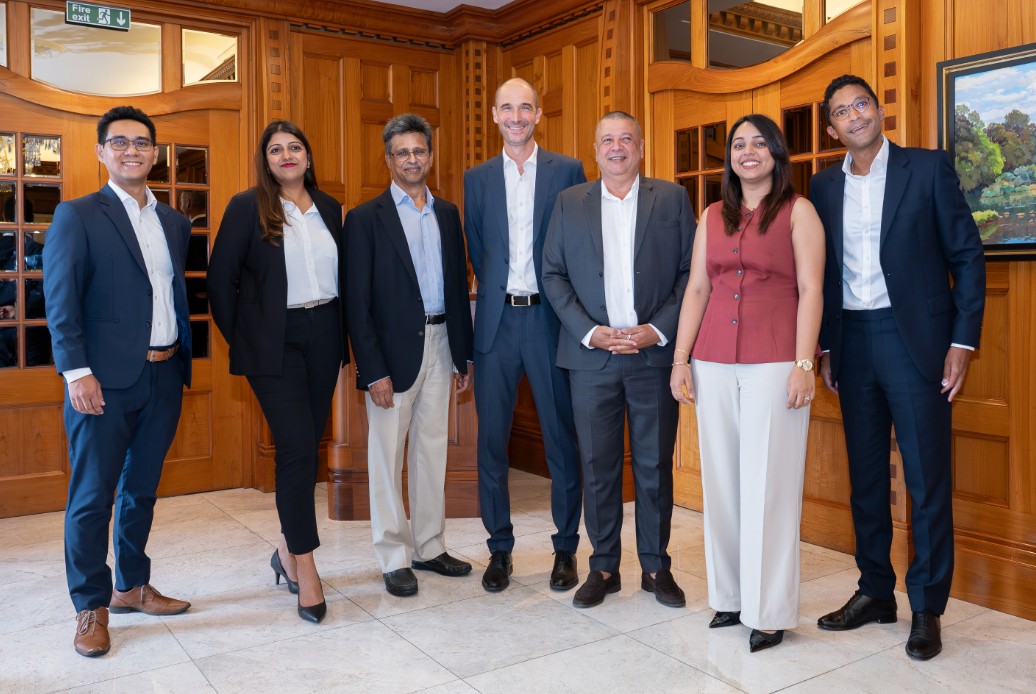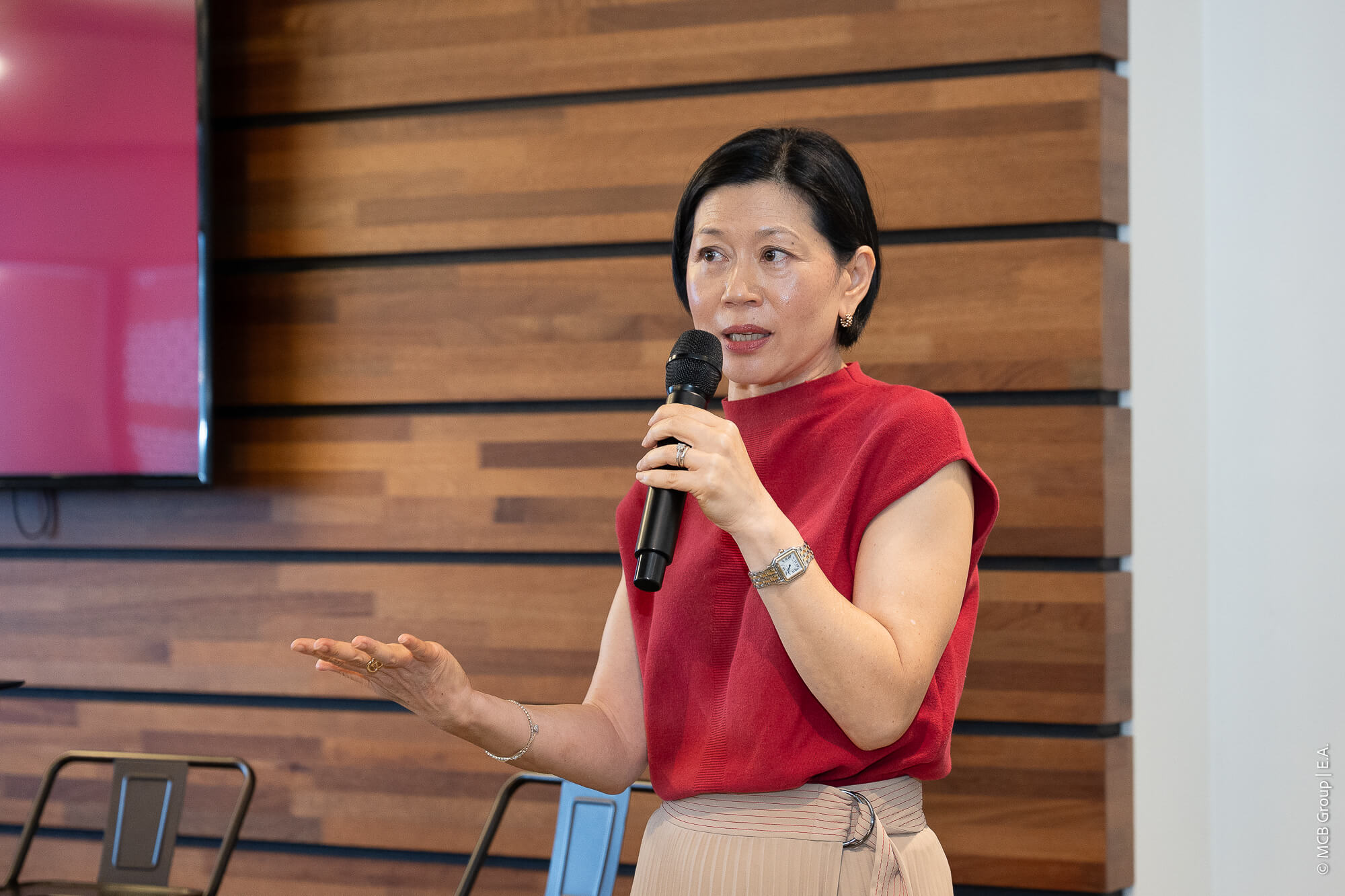- Home
- Investors Centre
- Sustainability
- Talent
- News
- Insights
- TH!NK
- Corporate Governance
- Company Profile
- Board of Directors
- Community
- MCB Offices
Contact Info
India–Africa investment: Mauritius at the heart of the ecosystem
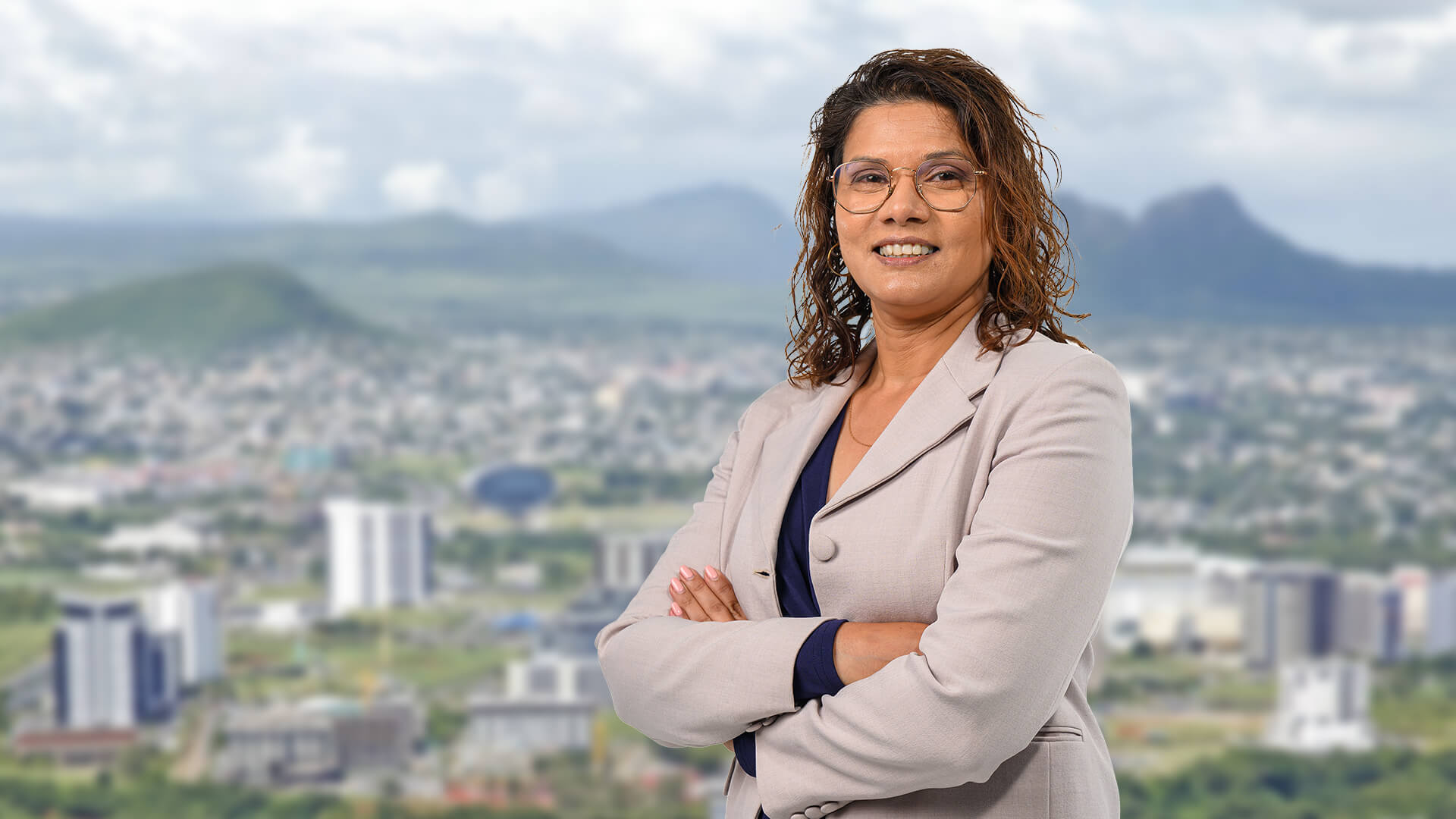
The 5th India Africa Entrepreneurship & Investment Summit brought together investors, entrepreneurs and policymakers to explore new ground in cross-regional collaboration. From scaling capital flows to strengthening institutional ties, the summit reflected a growing urgency to move from discussion to action.
Among the speakers contributing to this momentum was Tema Vayavooree, Executive Vice President at MCB’s Corporate and Institutional Banking arm. Her intervention focused on how financial ecosystems can evolve to support the next phase of the India–Africa growth story, and the role Mauritius continues to play along this journey.
“There’s a strong sense that the India–Africa corridor is maturing,” she noted. “Beyond trade, it’s increasingly about shared ambition, infrastructure and ecosystems.”
Mauritius as a connector, not a competitor
For decades, Mauritius has positioned itself as a reliable gateway for investment into Africa. But with new financial centres emerging, such as GIFT City in India and reformed tax hubs in markets like Kenya, the spotlight has turned to how Mauritius will maintain its strategic relevance.
Tema offered a clear perspective: “Mauritius isn’t competing against these hubs. It’s connecting them. Our role is to bridge capital with opportunity, especially where stability and legal certainty are non-negotiable.”
That bridging function is backed by substance. A Capital Economics report attributes 9 percent of Africa’s FDI to capital routed through Mauritius. These flows support over 4 million jobs and generate nearly USD 6 billion in tax revenue annually. The jurisdiction hosts more than 1,000 domiciled funds and manages over USD 130 billion in assets.
Its legal and regulatory ecosystem continues to build investor confidence. Grounded in English common law and supported by an expanding network of tax treaties and investment protection agreements across Africa, Mauritius offers a platform that balances performance with protection. Credit ratings from Moody’s and S&P further strengthen its credentials as a trusted international financial centre.
Financing that reflects African realities
While capital inflows remain essential, Tema also highlighted the persistent financing gaps that limit economic potential, particularly for small businesses and consumers. Across much of Africa, limited credit histories, high non-performing loan ratios and underdeveloped enforcement mechanisms still present significant barriers to inclusion.
“Lending to MSMEs and consumers is still seen as risky,” she said. “But that’s where the opportunity lies. What we need are tools that reflect how African businesses actually operate.”
Progress is taking shape, with centralised credit registries and digital ID systems beginning to improve credit scoring and modernise risk assessment. Fintech partnerships are helping lenders reach underserved segments more efficiently. Policy reforms, from credit guarantees to more practical insolvency laws, are gradually reshaping the lending landscape.
At MCB, this means backing solutions that merge technological reach with local insight. Tema described innovation not as disruption, but as a process of continuous adaptation. The goal is to design systems that reflect the realities of African markets and expand financial inclusion without adding complexity.
Shaping inclusive financial solutions
While cross-border investment remains essential, Tema also underscored the need for financial systems that better reflect on-the-ground realities. In many parts of Africa, systemic gaps still limit economic participation. From limited credit histories to underdeveloped enforcement mechanisms, these structural challenges impact how capital flows and how financial services are delivered.
“We need solutions that speak to how clients actually operate,” she said. “Products and systems must be built around real-world needs, not assumptions.”
Encouragingly, change is underway. Centralised credit registries and digital ID systems are improving transparency and modernising how institutions assess risk. Fintech partnerships are helping financial providers expand reach and efficiency. Meanwhile, regulatory reforms, from credit guarantees to more practical insolvency frameworks, are gradually reshaping the financial landscape.
At MCB, the focus is on designing solutions that combine digital tools with local insight. Tema described innovation not as disruption, but as an ongoing process of adaptation. The objective is to create inclusive systems that grow with the markets they serve, balancing access with usability and clarity.
Rethinking financial ecosystems
The rise of newer jurisdictions often raises questions of competitiveness. Tema encouraged a broader perspective.
“The financial world isn’t a zero-sum game,” she explained. “Mauritius, Kenya, India… We all have roles to play. What matters is that we design systems that are interoperable and adaptable to investor needs.”
Recent data supports this collaborative outlook. Mauritius, for instance, has recently improved its standing in the Global Financial Centres Index, climbing to 58th place, while GIFT City continues to gain visibility. Rather than competing, these centres reflect a shift toward distributed networks, where each hub brings complementary strengths to the table.
Such alignment is what underpins MCB’s cross-regional outlook: one built on shared growth rather than territorial positioning.
Looking ahead
Africa’s demographic growth, mineral wealth and digital dynamism position the continent as a key player in the global economy. But converting potential into progress will require institutions that know how to partner, not just participate.
“We’ve always believed in patient capital… capital that builds, not just moves,” Tema concluded. “At MCB, we’re committed to being part of that journey, with Africa, for Africa."
Subscribe to our Email Alerts
Stay up-to-date with our latest releases delivered straight to your inbox.
Contact
Don't hesitate to contact us for additional info
Email alerts
Keep abreast of our financial updates.





